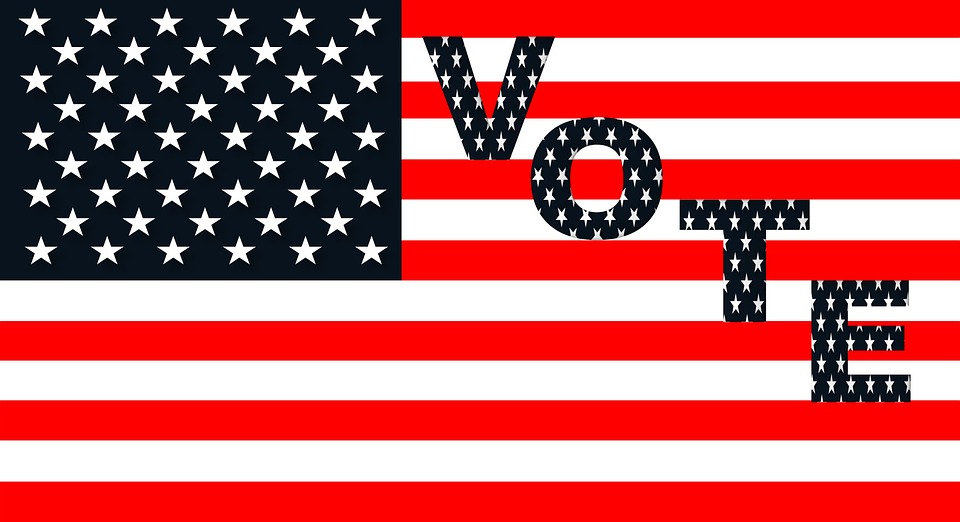 Published: 09.07.2019, 18:41
Published: 09.07.2019, 18:41 2 min read
2 min readWith the Puerto Rican economy facing numerous challenges, the US protectorate’s governor, Ricardo Rossello, could sign a proposed sports legalization bill. If sports betting became legal, Puerto Rico would follow Illinois as the latest state.
The bill, which the governor hopes will attract more tourists and beef up Puerto Rico’s coffers with tax revenues, was introduced In March this year. Drafted and introduced by Rep. Nestor Alonso Vega, the bill seeks to legalize both in-person and online sports betting. The bill also proposes the legalization of fantasy sports, and eSports betting.
The Sports Betting Bill
Sports betting bill, dubbed PC2038, also proposes the regulation of fantasy sports and esports gambling.
The Puerto Rican governor seems to be fully behind the proposed legalization of sports betting. According to reports if sports betting are legalized, the Island stands to earn an estimated annual tax revenue of anywhere between $27 million and $87 million per year.
Despite this optimism, some critics have expressed their doubts over the proposed sports betting bill, arguing that its implementation could cause a decrease in the revenues earned from the existing casinos and gambling dens. According to them, this could have a negative and counterproductive long term effect on Puerto Rico’s revenues.
However, the governor remains optimistic, arguing that sports betting attracts a different demographic group. This, the governor believes, means that sports betting is unlikely to have a negative impact on revenues accrued from casinos and other adult gambling businesses.
Once the new bill is signed into law, Puerto Rico will form a new Gaming Commission. The new commission’s job will be the regulation of sports betting operations. The proposed commission will be made up of seven members, selected from both the private and public sectors.
Taxation
Puerto Rico will impose a 7% tax on “in persons” betting and a 12% tax on bets placed online.
In addition, all casinos, racetracks, and offtrack gambling businesses will be free to offer sports betting to their customers. However, horse race tracks will benefit from a 50% discount on their sports betting licenses for the next ten years.
Reports claim that in order for one to get a sports betting operator license, they will have to fork out anything between $2500 and $50,000. Puerto Rico will use the additional tax funds raised from legalized sports betting activities, to fund state pension and schools on the island. A certain amount of money will also be set aside for the treatment of gambling addicts.
Last year, the United States Supreme Court legalized sports betting. Puerto Rico will join several other states in the country that have decided to cash in on sports betting.









